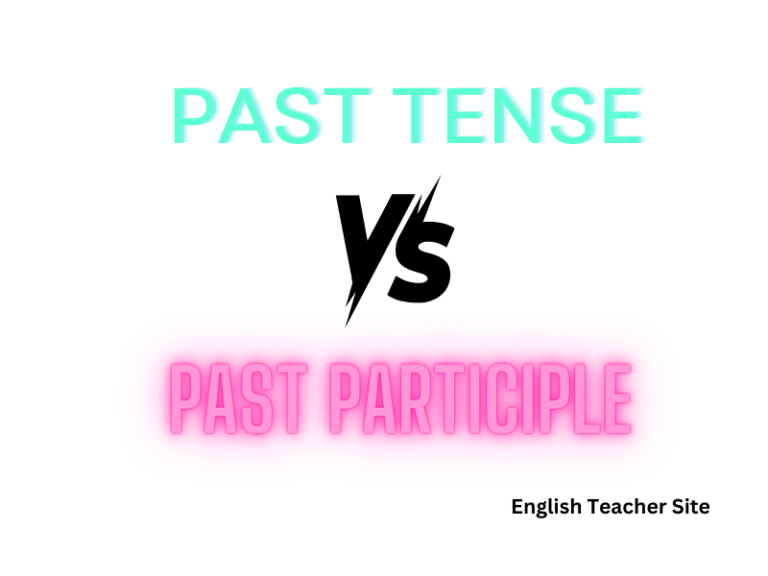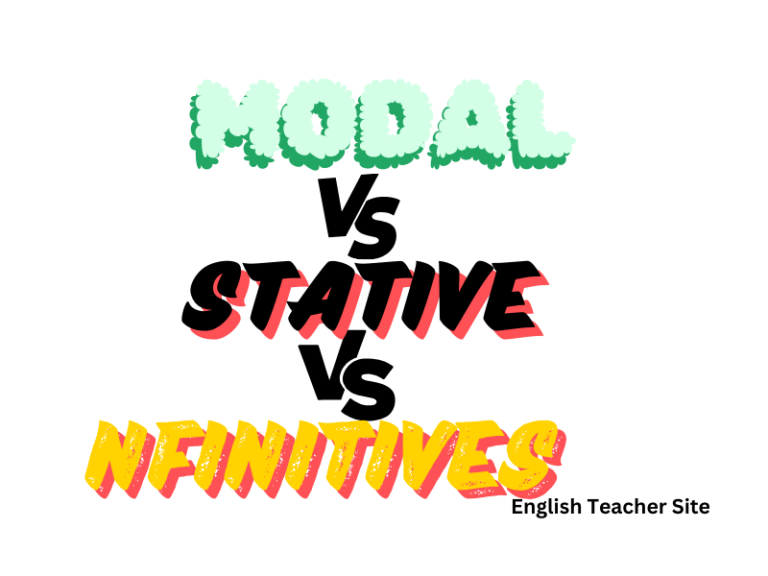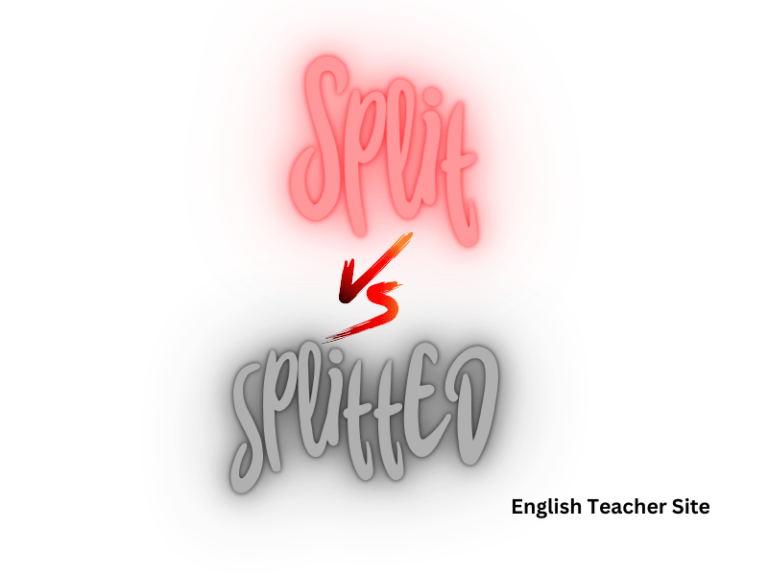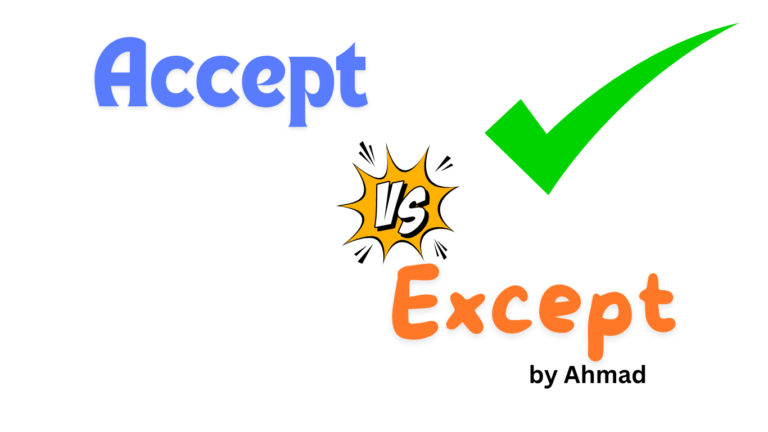Whats the Past Tense of Lying Down: Laid Down or Lied Down? Clearing Up the Confusion
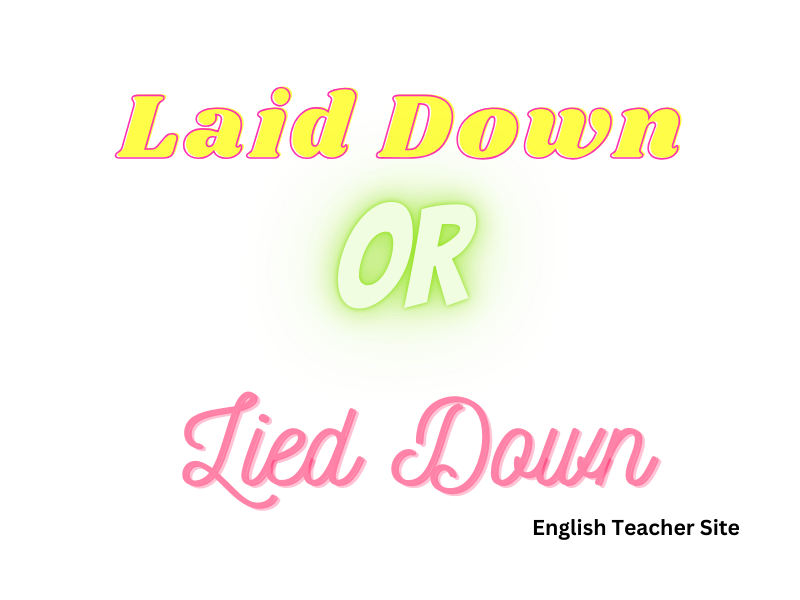
- The past tense of “lie down” is “lay down,” not “lied down.”
- “Laid” is the past tense of “lay,” which requires a direct object.
- Understanding the difference between “lie” and “lay” helps avoid mistakes in verb forms.
The confusion is often exacerbated when we consider the verb forms “laid” and “lain,” which are associated with “lay” and “lie,” respectively. If one is speaking of placing an object down in the past, “laid” is the correct form. Conversely, if the action is about oneself reclining in the past, “lay” is the correct past tense of “lie down,” while “lain” is the past participle. It’s vital to grasp these distinctions to avoid common errors in speech and writing.
What’s the Past Tense of Lying Down: Laid Down or Lied Down?
The distinction hinges on the verbs “to lie” as in to recline, and “to lay” as in to place something down.
Examples of Present Tense “Lie” in Sentences
To convey the act of reclining or resting in a horizontal position without the action being done to another object, “lie” is used. Here are some illustrative usages of “lie” in the present tense:
- The cat likes to lie in the sun.
- He prefers to lie on his back when resting.
Examples of Past Tense “Lay” in Sentences
“Lay” is the past tense of “lie.” It is used to express that a subject reclined or was in a horizontal position in the past. Below is a table showcasing this verb’s usage:
| Present Tense | Past Tense |
|---|---|
| I lie down | I lay down |
| You lie down | You lay down |
| They lie down | They lay down |
Examples of Past Participle “Lain” in Sentences
The past participle form of “lie” is “lain,” used with helping verbs to form perfect tenses. See it employed in sentences:
- By noon, she had already lain down to rest.
- They have lain on the beach all day.
The Etymology of “Lie”
The verb “lie” stems from Old English “licgan,” which means to be in a flat position. It is worth noting its evolution retains a clear separation from “lay,” which originated from “lecgan,” meaning to place down. Understanding this etymology can assist learners in distinguishing between “lying down” and placing an object down.
Sources
Harper, Douglas. “Etymology of lie.” Online Etymology Dictionary, https://www.etymonline.com/word/lie. Accessed 24 July, 2023.
My name is Khamis Maiouf. I am the creator of the English Teacher Site, dedicated to providing valuable resources and insights for students around the world. With a passion for education and a commitment to helping students enhance their skills, I aim to make English teaching more effective and enjoyable for both educators and students.


